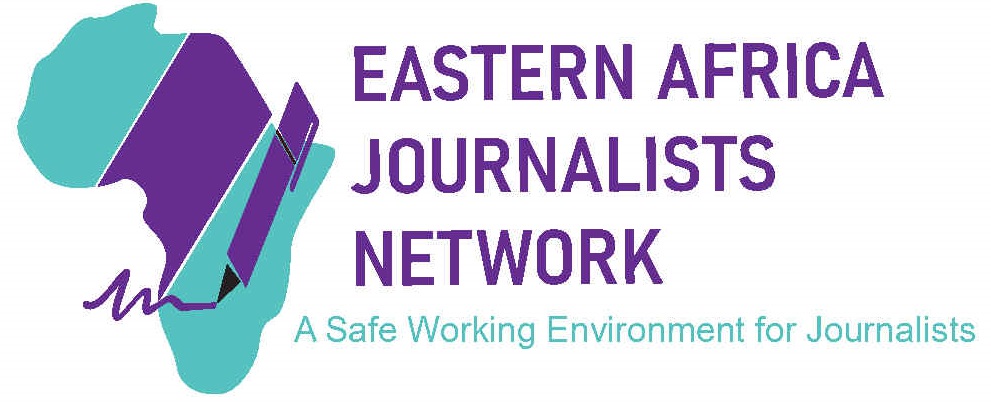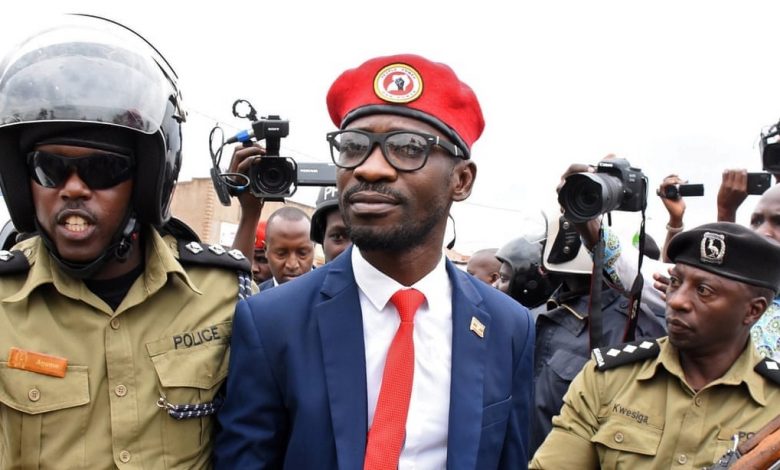Uganda has blocked access to social media and messaging apps ahead of today’s general elections. As Ugandans go to vote…
Read More »Uganda
Uganda has a population of about 45,741,007 people. It is a respectable member of the international community as it has signed most of the key international and regional human rights instruments. Its constitution guarantees media freedom. The country enjoys a diverse set of radio stations but the government and people affiliated to the ruling party own most of the media outlets.
However, the country has not met its obligations to submit periodic reports pursuant to Article 64 of the African Charter to the African Commission on Human and People’s Rights. It has four pending reports.
President Yoweri Kaguta Museveni has ruled Uganda with a clenched fist. He tolerates no criticism and has often used intemperate language and made inciteful speeches against the media in his over 35 years rule.
As such cases of attacks against journalists are nearly a daily phenomenon in Uganda. Journalists are attacked by security agencies, political cronies of the ruling party or citizens who do not want their unsavory acts to be reported.
The security agencies, which are the leading press freedom violators, often target them and detain them arbitrarily, as was the case with several journalists investigating trafficking in fake medicines in 2019. Any criticism of the authorities can result in journalists being beaten, abducted or deprived of their equipment.
The impunity for crimes against journalists remains one of the greatest challenges in Uganda. However, we must record that the civil society especially organizations like Human Rights Network for Journalists-Uganda has been able to monitor violence against journalists and hold some of the perpetrators to account.
There are also a number of restrictive laws inimical to media freedom. For instance, the country retains criminal defamation provisions in its Penal Code. As such a number of journalists are facing trumped up criminal defamation charges forcing them to serve prolonged detention in prisons when their bail terms are stringent and they cannot afford to meet them. Where they meet such stringent bail terms, the cases are protracted and never finalized for up to six to eight years.
The regulator, Uganda Communications Commission, has also been over-enthusiastic in executing its functions. Often it shuts down radio stations allegedly for breaking the programming code without following the due process.
Uganda is ranked as not free, highly restricted by global media freedom monitors. For instance, Freedom House in its annual Freedom in the World Report rates Uganda as a not free with a score of 34 out of 100.
Reporters Without Borders ranks it at 125 out of 180 countries. This is the same position the country held in the previous year.
ARTICLE 19 in its Global Expression Report 2021 categorized Uganda as a highly restricted country with a score of 25 out of 100.
Eastern Africa Journalists Network (EAJNet) has called on the governments in the region to expeditiously investigate and bring to justice…
Read More »Uganda remains at position 125 out of 180 countries with acts of intimidation and violence against reporters in the world…
Read More »


